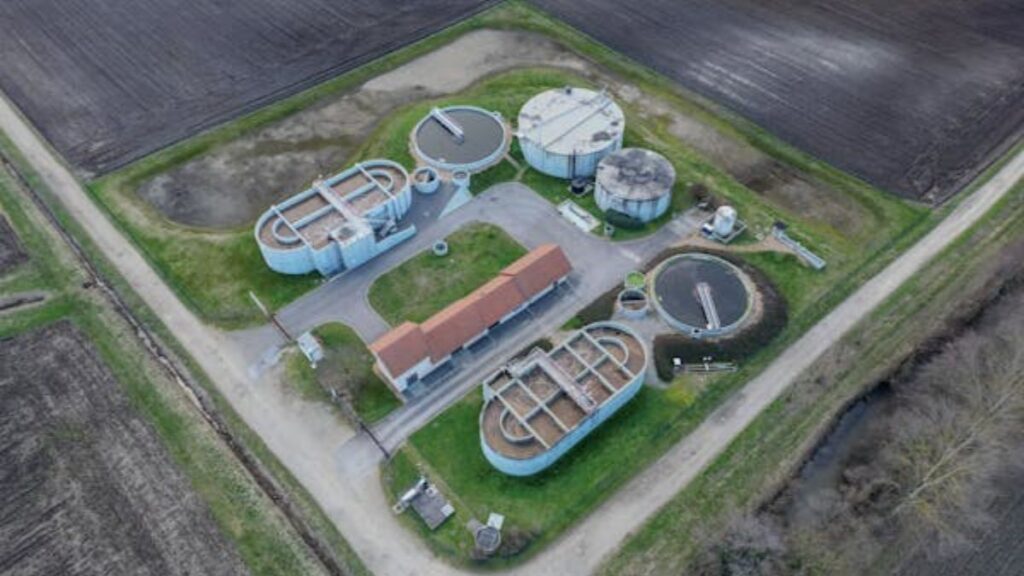When it comes to wastewater management, the efficient functioning of septic systems is essential for both environmental protection and the health of a community. In this system, septic pumps play a crucial role in ensuring that waste is properly transported to the appropriate treatment areas. While septic pumps are often associated with residential systems, their use is widespread in industrial, commercial, and larger properties. In these settings, the investment in a quality septic pump is paramount, especially when considering systems that deal with high volumes of wastewater. For those who require top-tier performance, high-end septic pumps offer reliable, long-lasting solutions that can handle complex, large-scale systems.

What Is a Septic Pump?
A septic pump is a vital component of wastewater management systems, designed to move wastewater from lower to higher elevations when gravity alone isn’t enough. These pumps are used to ensure the efficient flow of waste to leach fields or treatment areas. The role of sewage pumps is essential in handling large volumes of wastewater, especially in properties with complex or large-scale septic systems. By continuously pumping waste, septic pumps prevent backups, reduce the risk of system failure, and maintain smooth operation, ensuring that sewage is properly treated and safely disposed of in a controlled, efficient manner.
Why Are Septic Pumps Essential in Wastewater Treatment?
In septic systems, gravity is typically used to transport wastewater. However, in cases where the location of the septic tank is below the leach field, gravity alone isn’t sufficient to move the waste to the required location. This is where septic pumps come into play. By utilizing a motor to push wastewater through the system, these pumps ensure that wastewater is consistently and effectively moved to its next stage in the treatment process. Without a septic pump, even the most robust septic system could become inefficient, resulting in potential backups, unpleasant odors, and contamination.
Septic pumps are particularly important in systems that need to handle a large volume of wastewater. In high-use commercial buildings or large residential estates, the waste generated exceeds what a standard gravity-fed system can manage. Pumps capable of handling larger volumes ensure that wastewater doesn’t linger, promoting effective treatment and reducing the risk of contamination to the surrounding environment.
Features of High-End Septic Pumps
Unlike low-cost pumps designed for small-scale applications, the commercial-grade septic pumps used in industrial and large residential properties are engineered with advanced features to meet higher demands. These pumps, typically starting around $3500, offer superior efficiency, longevity, and reliability. They are made with high-quality materials designed to withstand harsh environmental conditions and the challenges of high-volume wastewater management. Some of the key features include:
Durability: These pumps are built to last, often featuring corrosion-resistant materials and heavy-duty motors that can operate under challenging conditions.
High Capacity: Designed to handle large volumes of wastewater, these pumps are ideal for commercial or multi-residential properties, ensuring that systems stay functional and efficient over time.
Advanced Filtration Systems: High-end septic pumps are often equipped with filtration systems that help remove debris and particles, ensuring smoother operation and preventing clogs or damage to the system.
Energy Efficiency: These pumps are designed with energy conservation in mind, offering high-efficiency motors that reduce energy consumption while still maintaining peak performance.
Septic Pump Maintenance and Longevity
Regular maintenance is essential for ensuring the continued operation of a septic pump, especially for high-end models in larger systems. While a standard residential pump may need occasional inspections, industrial-grade pumps require more in-depth maintenance to ensure their long-term functionality. This includes routine checks on the motor, monitoring for any blockages in the system, and replacing filters when necessary. Regular servicing by a professional ensures that the pump remains in optimal working condition, preventing unexpected breakdowns and extending the lifespan of the system.
Another factor to consider in maintaining the longevity of a septic pump is the system’s design and the type of wastewater it handles. The more complex the system, the more frequent the maintenance checks should be. A reliable septic pump that’s well-maintained can last many years, offering a cost-effective solution to the high demands of large properties and businesses.
Choosing the Right Septic Pump for Your Property
For property owners or business operators in need of a septic pump, choosing the right model is crucial for ensuring efficiency and preventing long-term issues. Factors such as the size of the property, the volume of wastewater generated, and the location of the septic tank all play a role in selecting the appropriate pump. Consulting with professionals who specialize in commercial septic systems can help identify the best solution for your needs, ensuring that you invest in a high-end pump that delivers optimal performance.
When investing in a high-end septic pump, it’s important to focus on the quality, warranty, and customer support offered by the manufacturer. Given the substantial investment, ensuring you purchase a product backed by reliable service and expert knowledge is key to the longevity of your septic system.

While septic pumps may not always be top-of-mind for many property owners, their role in wastewater management cannot be overstated. For industrial, commercial, or larger residential properties, a high-quality septic pump is crucial for ensuring efficient and reliable wastewater treatment. With their ability to handle high volumes of waste, ensure proper flow, and protect against potential system failures, these pumps are an investment that pays off in both the short and long term. By choosing the right pump, maintaining it properly, and relying on expert advice, property owners can ensure the continued health and efficiency of their septic systems, promoting both environmental protection and system longevity.







